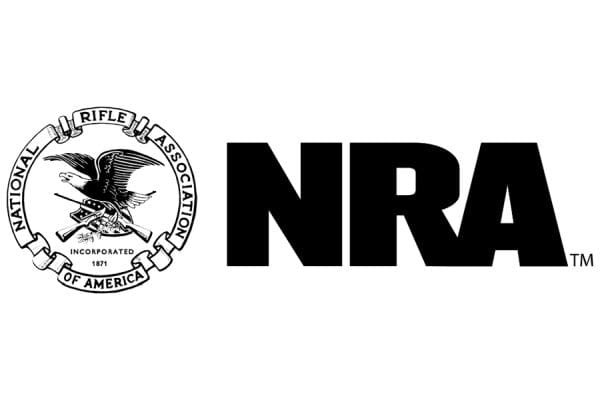
Fairfax, VA – The Nationwide Rifle Affiliation of America (NRA) has filed a lawsuit difficult the Bureau of Alcohol, Tobacco, Firearms and Explosives’ (ATF) “Engaged within the Enterprise” Remaining Rule. The ATF’s Remaining Rule unlawfully redefines when an individual is “engaged within the enterprise” of dealing in firearms and subsequently required to be federally licensed. This new lawsuit is being filed on the heels of current U.S. Supreme Courtroom selections which have reined in govt department companies from performing exterior of statutory authority.
“The ATF’s Remaining Rule stands to show numerous upstanding and well-intending residents into criminals for exercising their constitutional rights,” mentioned Randy Kozuch, Government Director of the NRA Institute for Legislative Motion (NRA-ILA). “When ATF launched this Remaining Rule, NRA promised to make use of each means essential to cease this egregious interpretation of the legislation. Now that the Supreme Courtroom’s current selections in Loper Vivid, Cargill, and Rahimi clarify that the ATF doesn’t have unfettered authority to arbitrarily limit NRA Members’ rights to purchase and promote firearms, the NRA is preventing again.”
NRA, together with two people, Don Butler and David Glidewell, filed the lawsuit difficult the ATF’s Remaining Rule within the U.S. District Courtroom for the Northern District of Alabama. The criticism alleges that the Remaining Rule violates the Administrative Process Act as a result of it exceeds the ATF’s statutory and jurisdictional authority and is unfair and capricious; violates the Fifth Modification as a result of it’s unconstitutionally obscure; violates the Second Modification by infringing the rights to maintain, bear, purchase, and promote arms; and violates the Separation of Powers, non-delegation doctrine, and Take Care Clause by usurping legislative powers and prohibiting lawful conduct by govt fiat.
Below the Firearms Homeowners’ Safety Act (FOPA) of 1986 (which amended the Gun Management Act of 1968), somebody is “engaged within the enterprise” of dealing in firearms if that individual “deal[s] in firearms as a daily course of commerce or enterprise with the principal goal of livelihood and revenue via the repetitive buy and resale of firearms.” The 2022 Bipartisan Safer Communities Act (BSCA) altered that definition by changing “livelihood and revenue” with “to predominantly earn a revenue.” The BSCA didn’t alter FOPA’s exclusion for “an individual who makes occasional gross sales, exchanges, or purchases of firearms for the enhancement of a private assortment or for a interest, or who sells all or a part of his private assortment of firearms.”
On April 19, 2024, ATF promulgated the Remaining Rule “to make clear[ ] the factors for figuring out when an individual is ‘engaged within the enterprise.’” The Remaining Rule offers that “there isn’t any minimal threshold variety of firearms bought or offered that triggers the licensing requirement” and that “there isn’t any minimal variety of transactions that determines whether or not an individual is ‘engaged within the enterprise’ of dealing in firearms. For instance, even a single firearm transaction or provide to have interaction in a transaction . . . could require a license.” The Remaining Rule additionally excludes firearms acquired for “private safety” from the firearms that could be offered from a private assortment with out a license. The ATF’s Remaining Rule thus rewrites the legislation, contradicts Congress’ statutory language, and provides confusion relatively than clarification.
The case is called Butler v. Garland, and the criticism may be learn right here.
Integrated in 1871, the Nationwide Rifle Affiliation is America’s longest-standing civil rights group. Along with our tens of millions of members, we’re proud defenders of historical past’s patriots and diligent protectors of the Second Modification.
Comply with the NRA on Fb, Instagram, and X (Previously Twitter).



